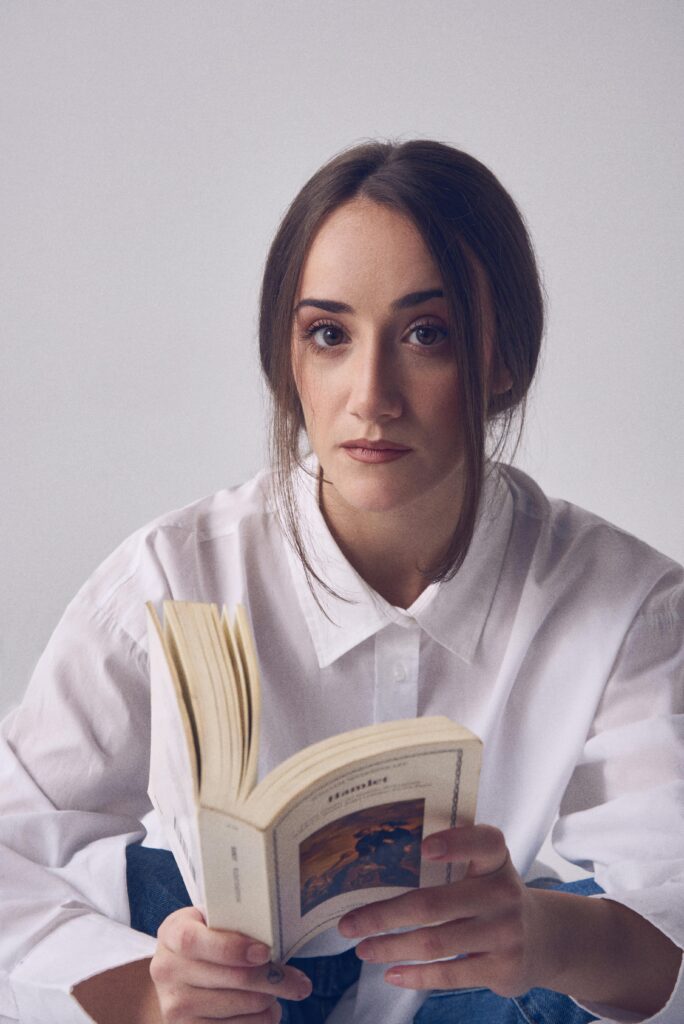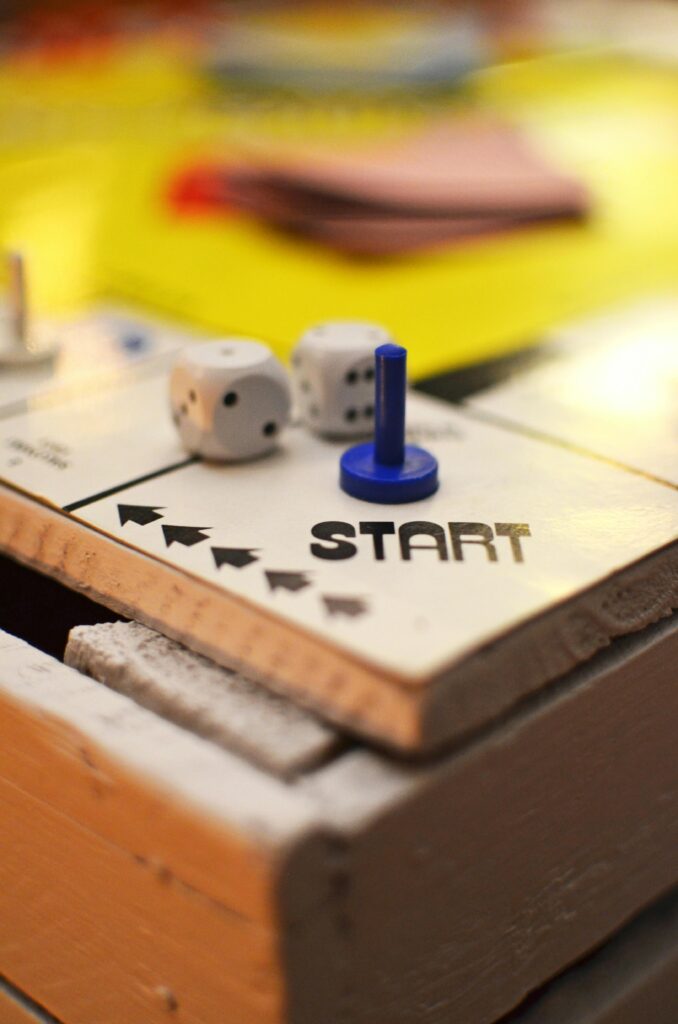Discover how to read philosophy effectively in just 15 minutes a day with this proven method. Perfect for busy professionals and students who want to explore philosophical ideas without overwhelming their schedule.

You won’t believe this, but I used to think reading philosophy meant spending hours locked away in a dusty library! As someone who juggled full-time studying and working with family life, I kept putting off my passion for philosophical reading. Then I discovered something fascinating: Studies show that consistent 15-minute focused reading sessions can be more effective than sporadic hour-long chunks. Who knew?
After years of trial and error (and plenty of frustrated coffee-fueled attempts), I’ve finally cracked the code on reading philosophy efficiently. Trust me, if I can do this while managing working full time and a busy home life, you absolutely can too!
The 15-Minute Philosophy Framework
Let me tell you about the time I tried to read Kant’s “Critique of Pure Reason” during my lunch breaks. Total disaster! But that failure led me to develop what I now call the “15-Minute Philosophy Framework.” Here’s what actually works:
First things first – you’ll need a timer. I use the Forest app (worth every penny!) because it keeps me focused and plants real trees. Talk about philosophical and environmental win-win!
Here’s my battle-tested approach:
- Minutes 1-2: Quick review of previous notes
- Minutes 3-10: Active reading of new material
- Minutes 11-13: Immediate note-taking
- Minutes 14-15: Summary and connection-making
The game-changer for me was realizing that I didn’t need to understand everything in one go. Some days, I only get through a single paragraph – and that’s perfectly fine!
Essential Tools for the 15-Minute Method
Oh boy, did I waste money on unnecessary “productivity tools” when I started! After much trial and error, here’s what I’ve found truly essential:
- A Digital Timer I used to use my phone timer, but let’s be real – that’s just asking for distraction! I now use a dedicated kitchen timer (super old school, I know!) or the Forest app when I’m feeling tech-savvy.
- Note-Taking System My absolute game-changer has been Obsidian (free version). I tried everything from fancy notebooks to expensive apps, but Obsidian’s simple linking feature helps me connect ideas effortlessly. Though if you prefer paper, a simple notebook works great too!
- Reading Medium Here’s where I made a huge breakthrough – using an e-reader with a built-in dictionary. I remember struggling with Hegel’s vocabulary until I got my Kindle Paperwhite. Now, looking up terms takes seconds instead of breaking my flow.

The Daily Reading Process
Let me walk you through my actual process. Just this morning, I tackled some Nietzsche before heading to work:
- Setup (1 minute):
- Opened my Kindle
- Started my timer
- Quick glance at yesterday’s notes
- Active Reading (7 minutes):
- Read one section of “Beyond Good and Evil”
- Highlighted key phrases
- Used the built-in dictionary for tricky terms
- Note-Taking (5 minutes):
- Opened Obsidian
- Wrote three key points
- Connected to previous concepts
- Quick Review (2 minutes):
- Summarized the main idea
- Added one question for tomorrow
- Set a bookmark
The key is consistency. Some days I understand barely anything, and that’s okay! Progress isn’t linear, especially with philosophy.
Common Challenges and Solutions
Trust me, I’ve faced every obstacle imaginable! Here are my real-world solutions:
- “I can’t focus for even 15 minutes!” Start with 5 minutes. That’s how I began! Use the Pomodoro technique – it’s a game-changer for building focus.
- “The language is too complex!” I’ve been there! Start with contemporary commentaries or introductory texts. I wasted months trying to start with Heidegger – big mistake! Begin with accessible authors like Nagel or Russell.
- “I keep getting distracted by my phone!” This was my biggest hurdle. Solution? I put my phone in another room and use a dedicated timer. Simple but effective!
Integration Tips for Busy Schedules
Finding 15 minutes isn’t always easy. Here’s what works for me:
- Early morning reading (before the kids wake up)
- Lunch break philosophy sessions
- Evening wind-down reading
- Weekend morning quiet time
Pro tip: I keep a philosophical reading “emergency kit” – a small book and notebook – in my bag. You’d be surprised how many 15-minute slots you can find!
Recommended Starting Resources
After many expensive mistakes, here’s what I actually recommend:
- Essential Tools:
- Kindle Paperwhite (the basic model is perfect)
- Obsidian (free version)
- Forest App (around $2 as of 2024)
- A simple notebook
- Beginner-Friendly Texts:
Looking for an engaging introduction to philosophy? "Sophie's World" brilliantly weaves the histo...
A crystal-clear guide to philosophy's biggest questions, written in plain English! Blackburn make...
A timeless introduction to philosophy from a brilliant mind. Russell's clear writing tackles life...
Ready to start your philosophical journey?

Remember when I mentioned struggling with Kant during lunch breaks? Well, I finally finished the “Critique of Pure Reason” – one 15-minute session at a time! It took longer than traditional methods, but the consistency made all the difference.
Starting a philosophical reading practice doesn’t require hours of free time or a PhD. Just 15 focused minutes a day can open up a world of philosophical thinking. Begin small, stay consistent, and watch your understanding grow step by step.
Ready to start your philosophical journey? Grab a timer, pick up an accessible text, and give yourself permission to read slowly. Remember, philosophy isn’t a race – it’s about the journey of understanding. Let me know in the comments which philosophical text you’ll tackle first with this method!
Interested in Tools for Peak Mental Performance?










